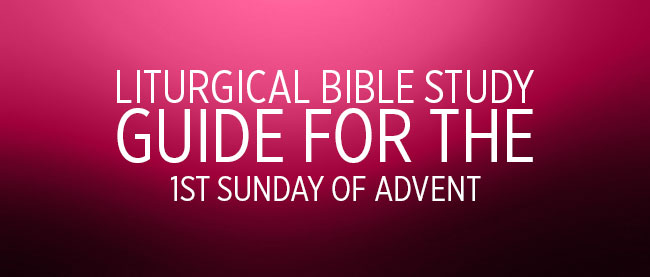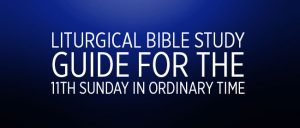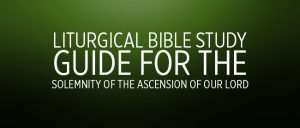Introduction
Introduction There is evidence from the mid-4th century on concerning some period of preparation for the Christmas-Epiphany celebration. Length and emphasis varied from place to place. Some regions kept a relatively long Advent (from St. Martin’s feast, November 11); others, a rather brief one. In Rome the season evolved to a 4-week preparation focusing on the joyful celebration of the Lord’s Incarnation. In Gaul there was a longer, heavily penitential season emphasizing the Lord’s glorious advent at the end of time as Lord of history and judge of the universe. Roman practice from the 12th century, codified by the Council of Trent and enhanced by the greatly enriched lectionary of Vatican Council II, combines these different emphases. The violet vestments (with rose as an option on the 3rd Sunday) and the preaching of John the Baptist bespeak the penitential aspect which invites the people to reform. The Gloria is omitted, as during Lent, but for a somewhat different reason, as the official commentary on the revised Calendar notes: “So that on Christmas night the song of the angels may ring out anew in all its freshness.” On the other hand, there is a clear note of joyful expectation: The Alleluia is retained before the Gospel. There has been no mandatory Advent fast since the 1917 Code of Canon Law. The Ambrosian Rite in use throughout the area around Milan, Italy still observes a longer (6-week) Advent while the Eastern Rites in general observe a shorter “pre-feast” period before Christmas.
Advent is a time for looking both backward and forward. We look backward as we prepare to celebrate the historical birth of Jesus of Nazareth at Christmas. Before that birth people longed for the Messiah who would restore Israel to her former power. We identify with that ancient longing for restoration as we await Christ’s coming more fully into our lives and also as we await His second coming.
With that longing for restoration in mind, we recognize in Advent a time of preparation and anticipation. What we celebrate as having happened in the past points to what we anticipate is coming again. First, we recognize that Christ is born into our lives each day as we open ourselves to His grace and love. These moments of discovering birth in Christ are times when we can stand with the shepherds and hear glad tidings proclaimed. Advent is a season that prepares us to discover new birth happening over and over again for us in and thru Christ. We celebrate those birth times at Christmas. Second, we look forward in Advent to the culmination of Christ’s kingdom, when He will return in glory to fulfill the promise of wholeness as all creation responds to His healing presence. In our acclamation during the Eucharistic Prayer, we identify with this longing when we say “Christ has died, Christ is risen, Christ will come again,” or similar words in the other acclamations. Through the Holy Spirit, this new age has already begun, and this too we celebrate.
Gospel
The season of Advent is launched in Cycle C with the apocalyptic writings of Saint Luke. These are times of expectant waiting. We must not grow tired or complacent but be ready and alert; able to read the signs of the times. Everything that happens, including suffering and trauma, has significance in understanding God’s presence and activity in creation.
As usual in apocalyptic writings, we deal here with the language of poetic truth, not literal truth. Hence it is futile to tie symbols to actual historical events in attempting to predict, for example, the exact date of Christ’s second coming.
If this reading sounds familiar, it should, as we heard the parallel text from Mark two weeks ago (33rd Sunday in Ordinary Time, Cycle B). The time is just prior to Holy Thursday and Jesus is giving His final teachings to His apostles before His passion begins.
First Reading
On the “Day of the Lord” Israel will be restored after a time of suffering. The writer uses beautiful language to remind us that Jesus is a descendent of King David, who was a son of Jesse.
Second Reading
Keeping with the advent theme of anticipation, our second reading urges us to perfect ourselves even more in preparation for our meeting Jesus when our end time has come.





